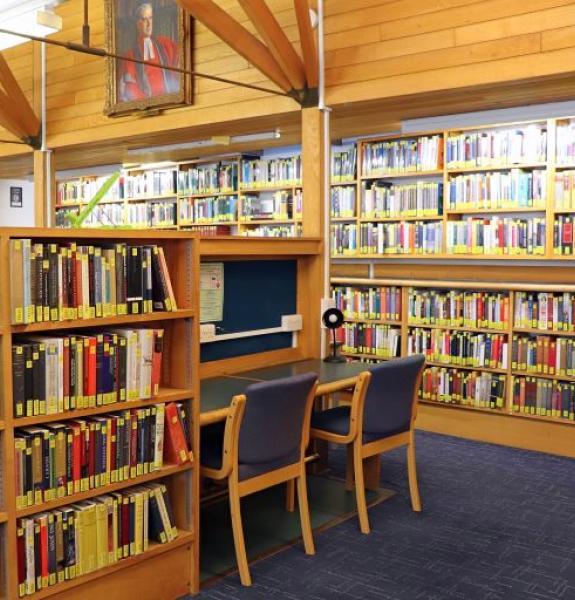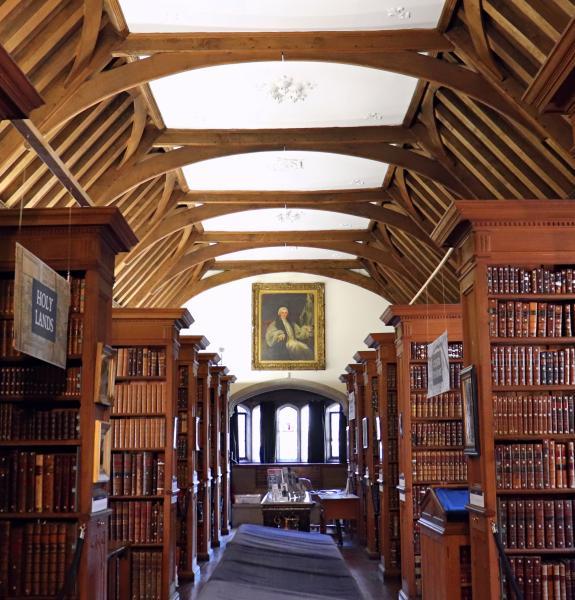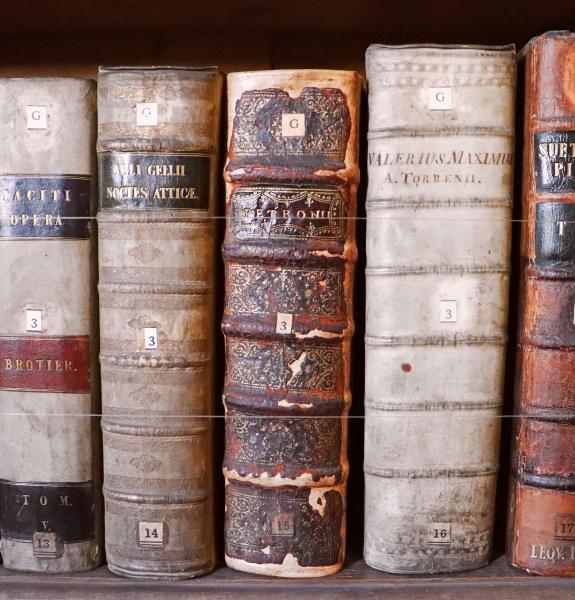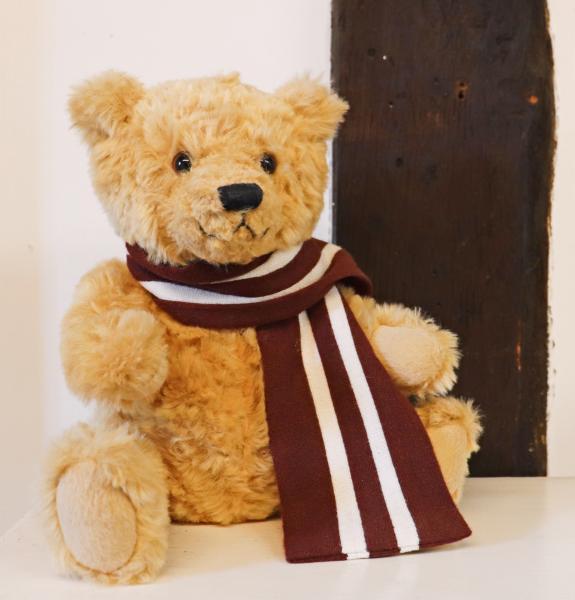Christ's College is relatively small and cannot easily accommodate visits by large groups. In view of this we specify that groups should be no larger than 12 including any guides. In some circumstances, larger groups can be accepted by arrangement, but this normally involves dividing the visitors into groups of 12, and staggering their times of arrival at College.
Organisers of visits who wish to bring a group to Christ's are asked to note the College's opening times before making any arrangements. All group visits to the College should be arranged through Cantab Tours, who will provide an official Cambridge Blue or Green Badge Guide. If you are thinking of organising a group visit to Christ's please contact the Director of College Services in the first instance.
Getting to Christ's College
Christ's College Sports Ground (shared site with St Catharine's College)
University of Cambridge Official Map.

By Bicycle
The best way to get around Cambridge is by bicycle. Plan a cycle journey here with CycleStreets.
By Rail
There are direct services from London Kings Cross and London Liverpool Street. When travelling from the north or west, it is normally necessary to change at Peterborough and/or Ely.
There are frequent bus services from Cambridge Railway Station to the city centre (Drummer Street Bus Station, which is adjacent to the College); taxis are also available at the station.
By Bus
Drummer Street bus station is a 2 minute walk from the College. There are frequent buses two and from the railway station.
The Universal bus service links Eddington with West Cambridge, the city centre (Queens College/Silver Street), the railway station and the Cambridge Biomedical Campus (including Addenbrooke's), and runs every 15 minutes Monday to Friday and every 20 to 30 minutes at weekends.
By Coach
National Express long distance coach services terminate at Parkside, on the Northern side of Parkers Piece, as does the Stagecoach X5 service from Oxford via Milton Keynes. Christ's is only a few minutes walk from the terminal.
By Air
There are direct coach services from the four London airports: Heathrow, Gatwick, Stansted, and Luton. There is also a direct train service from Stansted (which is the nearest of the four London airports).
By Road
Parking in Cambridge city centre car parks can be difficult and is also expensive.There are several Park and Ride sites located outside the city centre with bus connections to Drummer Street Bus Station, adjacent to the College, and it is recommended that visitors use these facilities whenever possible. Details of Park and Ride sites, city centre car parks and parking charges can be found on the City Council's website.
The College has very limited on-site parking facilities, which are invariably full to capacity in term. The College car park may only be used by visitors with the permission of the Director of College Services. Please note that car parking is not available for bed and breakfast guests.
Road approaches to Cambridge can be seen here
The College main gate and Porters' Lodge are located on St Andrew's Street.
Please note that there is a one way system in operation preventing direct access to St Andrew's Street from Regent Street: private vehicles heading North up Regent Street are directed right into Park Terrace, left into Parkside / Drummer Street and then left again into Emmanuel Street. At the end of Emmanuel Street, turn right into St Andrew's Street and Hobson's Street for the College.
Please also note that Hobson's Street is one way, with no entry permitted from the King Street end, so it is not possible to access the College car park from King Street. Satellite navigation systems are not always aware of this restriction.
A representational map showing the layout of the College, with staircases and public rooms identified.
The College welcomes diversity amongst its students, staff and visitors, recognising the particular contributions to the achievement of the College's mission that can be made by individuals from a wide range of backgrounds and experiences.
The policy and practice of the College require that all the staff are afforded equal opportunities within employment. Entry into employment with the College and progression within employment will be determined only by personal merit and the application of criteria which are related to the duties of each particular post and the relevant salary structure. In all cases, ability to perform the job is the primary consideration. Subject to statutory provisions, no applicant or member of staff will be treated less favourably than another because of his or her sex, marital status, sexual orientation, ethnic or national group, or disability.
The College aims to provide education of excellent quality at undergraduate and postgraduate level for able students, whatever their background. In pursuit of this aim, the College is committed to using its best endeavours to ensure that all of its activities are governed by principles of equality of opportunity, and that all students are helped to achieve their full academic potential. This statement applies to recruitment and admissions, to teaching and assessment, to welfare and support services, and to staff development and training.
| John Syclyng | 1505 - 1506 | 1st Master |
| Richard Wyatt | 1506 - 1508 | 2nd Master |
| Thomas Thompson | 1508 - 1517 | 3rd Master |
| John Watson | 1517 - 1531 | 4th Master |
| Henry Lockwood | 1531 - 1548 | 5th Master |
| Richard Wilkes | 1548 - 1553 | 6th Master |
| Cuthbert Scot | 1553 - 1556 | 7th Master |
| William Tayler | 1556 - 1559 | 8th Master |
| Edward Hawford | 1559 - 1582 | 9th Master |
| Edmund Barwell | 1582 - 1609 | 10th Master |
| Valentine Cary | 1609 - 1622 | 11th Master |
| Thomas Bainbridge | 1622 - 1646 | 12th Master |
| Samuel Bolton | 1646 - 1654 | 13th Master |
| Ralph Cudworth | 1654 - 1688 | 14th Master |
| John Covel | 1688 - 1723 | 15th Master |
| William Towers | 1723 - 1745 | 16th Master |
| George Rooke | 1745 - 1754 | 17th Master |
| Hugh Thomas | 1754 - 1780 | 18th Master |
| John Barker | 1780 - 1808 | 19th Master |
| Thomas Browne | 1808 - 1814 | 20th Master |
| John Kaye | 1814 - 1830 | 21st Master |
| John Graham | 1830 - 1849 | 22nd Master |
| Joseph Shaw | 1849 | 23rd Master |
| James Cartmell | 1849 - 1881 | 24th Master |
| Charles Swainson | 1881 - 1887 | 25th Master |
| John Peile | 1887 - 1910 | 26th Master |
| Sir Arthur Shipley | 1910 - 1927 | 27th Master |
| Norman McLean | 1927 - 1936 | 28th Master |
| Sir Charles Darwin | 1936 - 1939 | 29th Master |
| Charles Raven | 1939 - 1950 | 30th Master |
| Brian Downs | 1950 - 1963 | 31st Master |
| The Lord Todd | 1963 - 1978 | 32nd Master |
| Sir John Plumb | 1978 - 1982 | 33rd Master |
| Sir Hans Kornberg | 1982 - 1995 | 34th Master |
| Alan Munro | 1995 - 2002 | 35th Master |
| Malcolm Bowie | 2002 - 2006 | 36th Master |
| Frank Kelly | 2006 - 2016 | 37th Master |
| Jane Stapleton | 2016 - 2022 | 38th Master |
| The Lord McDonald of Salford | 2022 | 39th Master |
Simon McDonald was born and educated in Salford, and read History at Pembroke College, Cambridge, where he is now an Honorary Fellow.
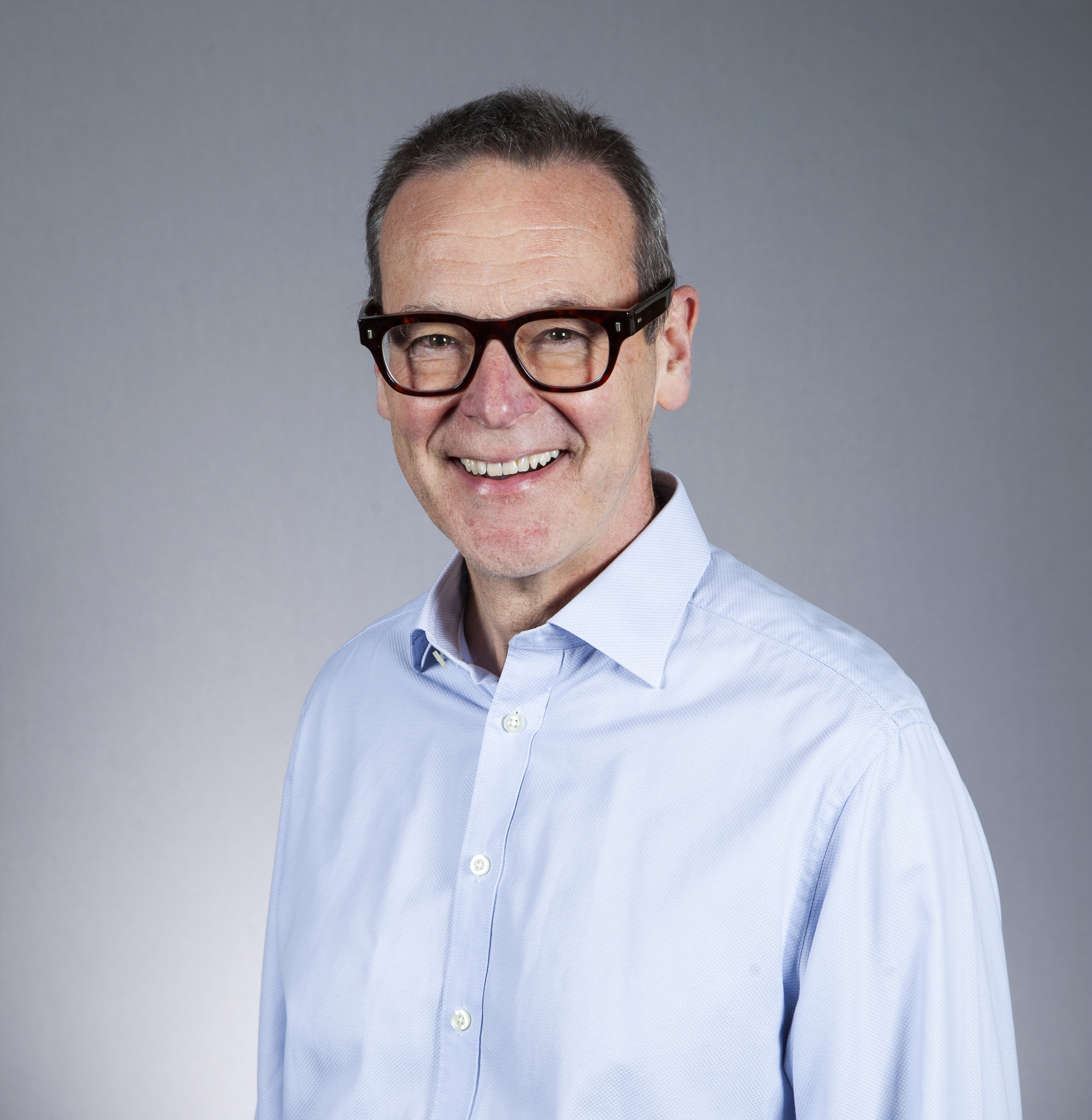
He joined the Foreign and Commonwealth Office (FCO) in 1982 and, early in his career, served in Jeddah, Riyadh, Bonn and Washington, D.C. He was British Ambassador to Israel (2003-2006) and to Germany (2010-15). In September 2015 Simon became Permanent Under-Secretary at the FCO and Head of the Diplomatic Service. After leaving the FCO in Autumn 2020, he was appointed a life peer, taking his seat in the House of Lords as Lord McDonald of Salford in February 2021.
Simon is a Knight Grand Cross of the Order of St Michael and St George (GCMG) and Knight Commander of the Royal Victorian Order (KCVO).
His first book - Leadership: Lessons from a Life in Diplomacy - was published in 2022 and his second - Beyond Britannia: Reshaping UK Foreign Policy - in 2023.
The University of Salford awarded him an Honorary doctorate in 2024.
Simon became the 39th Master of Christ's College on 1 September 2022. He is married to Olivia and they have four adult children.
Address: Christ's College, Cambridge CB2 3BU.
E-mail: masters-assistant@christs.cam.ac.uk
Visitors are welcome to explore the College and its grounds. Apart from the Chapel, visitors are not able to enter any College buildings. Please note that these details are subject to change at any time; in particular, the College or the Fellows' Garden are sometimes closed for functions and other events.
Opening Times:
College Grounds, 9:00am - 4:00pm, 7 days a week
Fellows' Garden, 9:00am - 4:00pm, Monday to Friday
Visitors are also welcome to attend the Choral Evensong services held in the College Chapel - these occur during term, on Thursdays at 6.45pm and on Sundays at 6pm. See the Chapel pages for more details.
The College is open all year round, except during the Christmas close down and during the Quiet Period. During the Quiet Period, prior to and during the University examinations, the College is closed to all visitors, including other members of the University, unless they are on College business. The exact dates of the Quiet Period vary from year to year, according to term dates but as a rough guide, the Quiet Period runs from early May to the end of June.
This year College will be closed from Monday 28 April to Sunday 6 July 2025.
For further information about visiting, please see:
Administrative Information
- College Statutes
- Rules for Students
- JCR Constitution
- MCR Constitution
- College Accounts
- Register of Interests Summary for College Trustees
- Terms and Conditions
- Gender Pay Report 2024 - published 5 March 2025
Policy Documents
Christ's College is a vibrant community of people from many countries and all backgrounds.
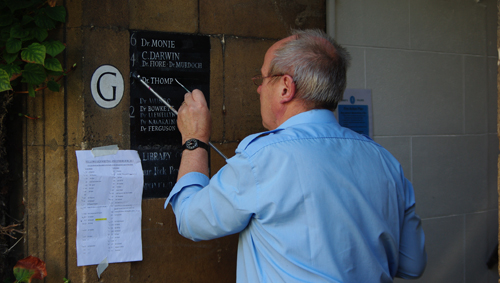 Headed by the Master, the senior members of College are made up of Fellows and Bye-Fellows, Honorary Fellows, Lady Margaret Beaufort Fellows, Emeritus Fellows, and Fellow Commoners.
Headed by the Master, the senior members of College are made up of Fellows and Bye-Fellows, Honorary Fellows, Lady Margaret Beaufort Fellows, Emeritus Fellows, and Fellow Commoners.
Find out more about all our Fellows and what the different types of Fellows mean. You can also learn more about some of the College's most distinguished alumni.
The students (known as junior members) comprise undergraduates and postgraduates studying a variety of subjects. The smooth running of the College is made possible by a number of administrative staff, covering all aspects of College life from catering, maintenance, gardens and Library.

